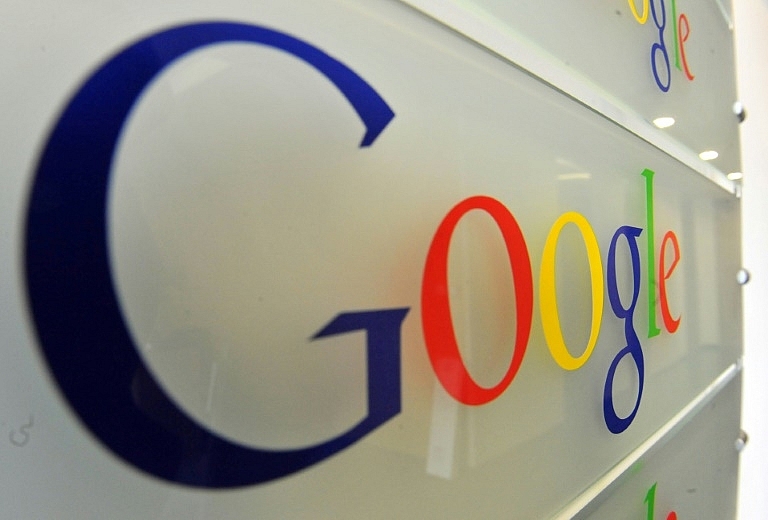Journalists urge action against Google over EU copyright dispute
 |
| Defying a new EU copyright law, Google has told French media firms it will not pay them for displaying their articles, pictures and videos in search results. |
France was the first country to ratify the law, which was passed this year and comes into force on Thursday to ensure publishers are compensated when their work is displayed online.
But Google said last month that articles, pictures and videos would be shown in search results only if media firms consent to let the tech giant use it for free.
If they refuse, only a headline and a bare link to the content will appear, Google said, almost certainly resulting in a loss of visibility and potential ad revenue for the publisher.
Around 800 journalists as well as photographers, filmmakers and media CEOs signed an open letter published in newspapers across Europe urging governments to ensure that Google and other tech firms comply with the new EU rule.
"The law risks being stripped of all meaning before it even comes into force," the letter said, calling Google's move "a fresh insult to national and European sovereignty".
"The existing situation, in which Google enjoys most of the advertising revenue generated by the news that it rakes in without any payment, is untenable and has plunged the media into a crisis that is deepening each year," it said.
The presidents of the European Alliance of News Agencies and the European Newspaper Publishers' Association also signed the letter.
- 'Catastrophe' -
Google has countered that it benefits news publishers by sending more than eight billion visits to their websites each month in Europe alone.
"We don't pay for links to be included in search results" because "it would undermine the trust of users," Richard Gingras, Google's vice president in charge of news, said in Paris last month.
But news publishers, including AFP, say such links to their websites are unable to help them cope with plummeting revenues as readers migrate online from traditional media outlets.
French President Emmanuel Macron has said Google will have to comply with the law, and the European Commission said it stands ready to assist member states, which must translate into domestic legislation by June 2021.
The new rules create so-called neighbouring rights to ensure a form of copyright protection -- and compensation -- for media firms when their content is used on websites such as search engines or social media platforms.
"Now that disinformation campaigns are infecting the internet and social networks, and independent journalism is under attack in several countries within the European Union, surrendering would be a catastrophe," said the open letter.
"We call on the public decision-makers to fight back."
What the stars mean:
★ Poor ★ ★ Promising ★★★ Good ★★★★ Very good ★★★★★ Exceptional
Related Contents
Latest News
More News
- State corporations poised to drive 2026 growth (February 03, 2026 | 13:58)
- Why high-tech talent will define Vietnam’s growth (February 02, 2026 | 10:47)
- FMCG resilience amid varying storms (February 02, 2026 | 10:00)
- Customs reforms strengthen business confidence, support trade growth (February 01, 2026 | 08:20)
- Vietnam and US to launch sixth trade negotiation round (January 30, 2026 | 15:19)
- Digital publishing emerges as key growth driver in Vietnam (January 30, 2026 | 10:59)
- EVN signs key contract for Tri An hydropower expansion (January 30, 2026 | 10:57)
- Vietnam to lead trade growth in ASEAN (January 29, 2026 | 15:08)
- Carlsberg Vietnam delivers Lunar New Year support in central region (January 28, 2026 | 17:19)
- TikTok penalised $35,000 in Vietnam for consumer protection violations (January 28, 2026 | 17:15)

 Tag:
Tag:




















 Mobile Version
Mobile Version